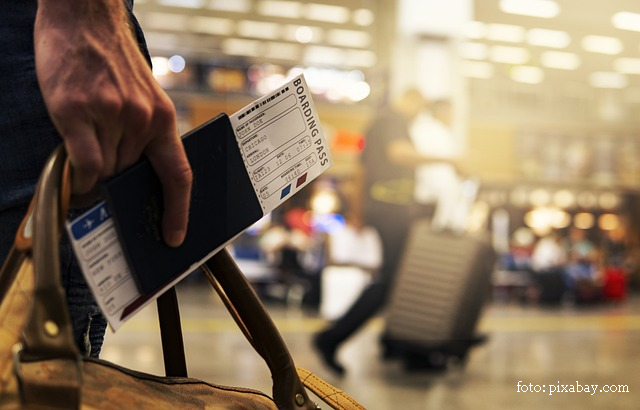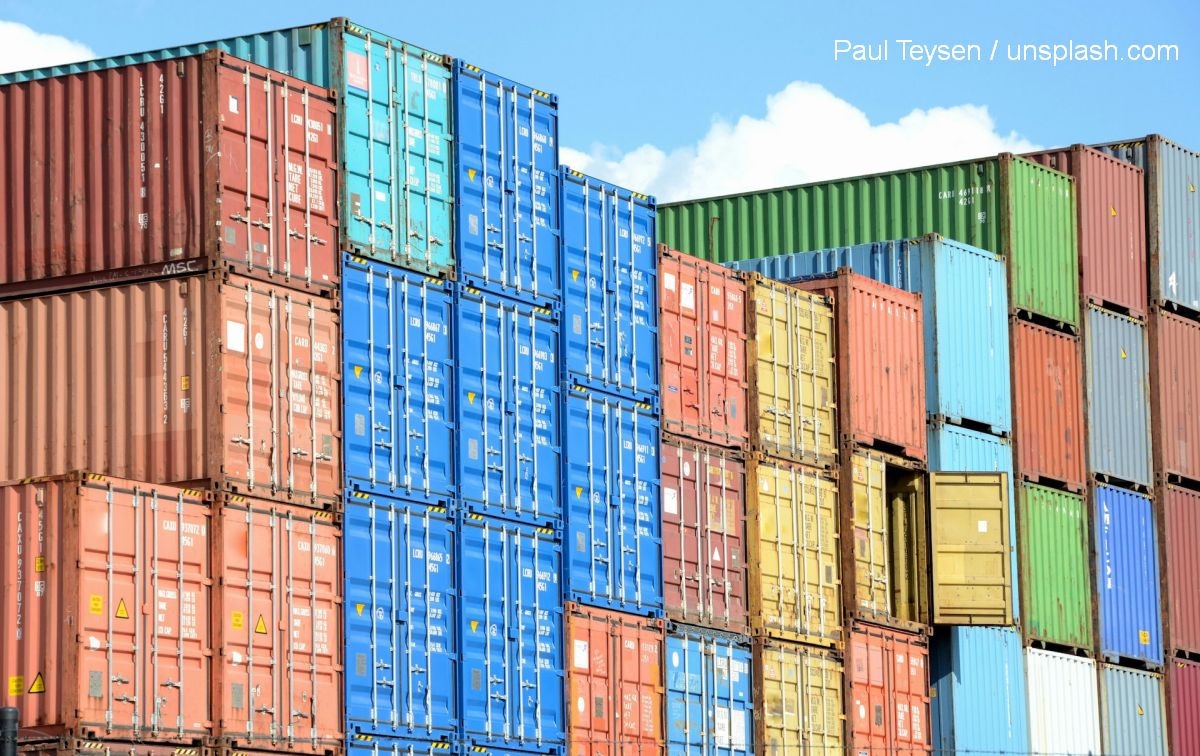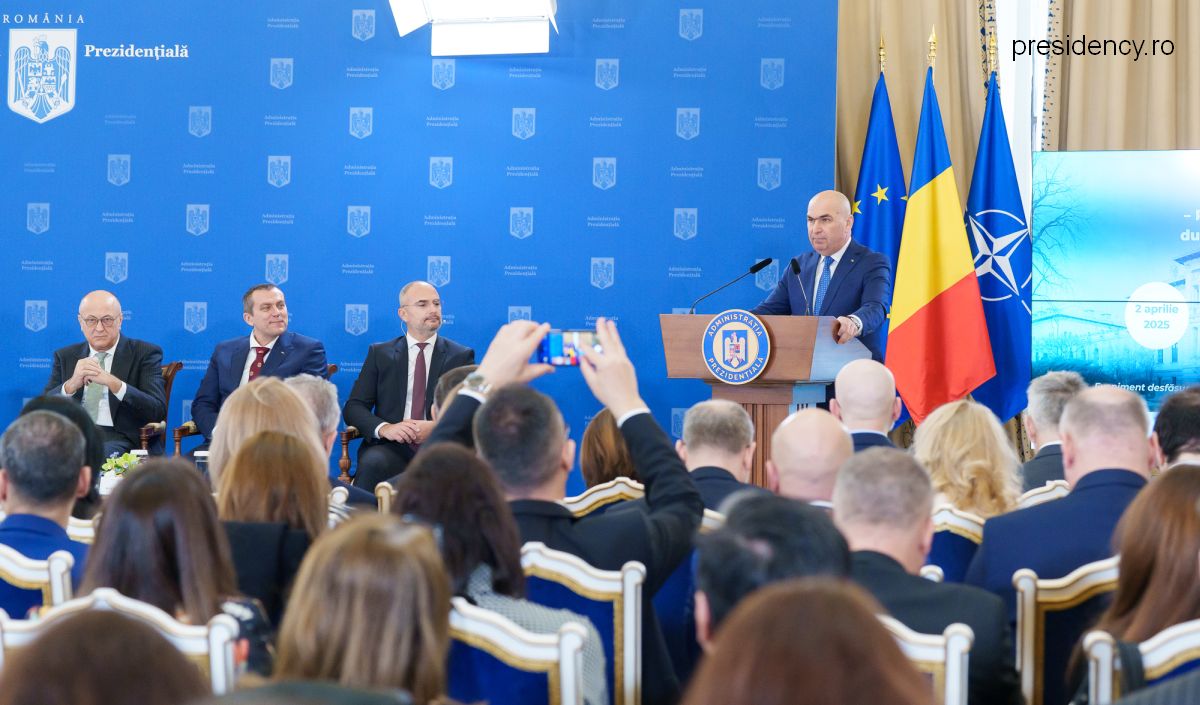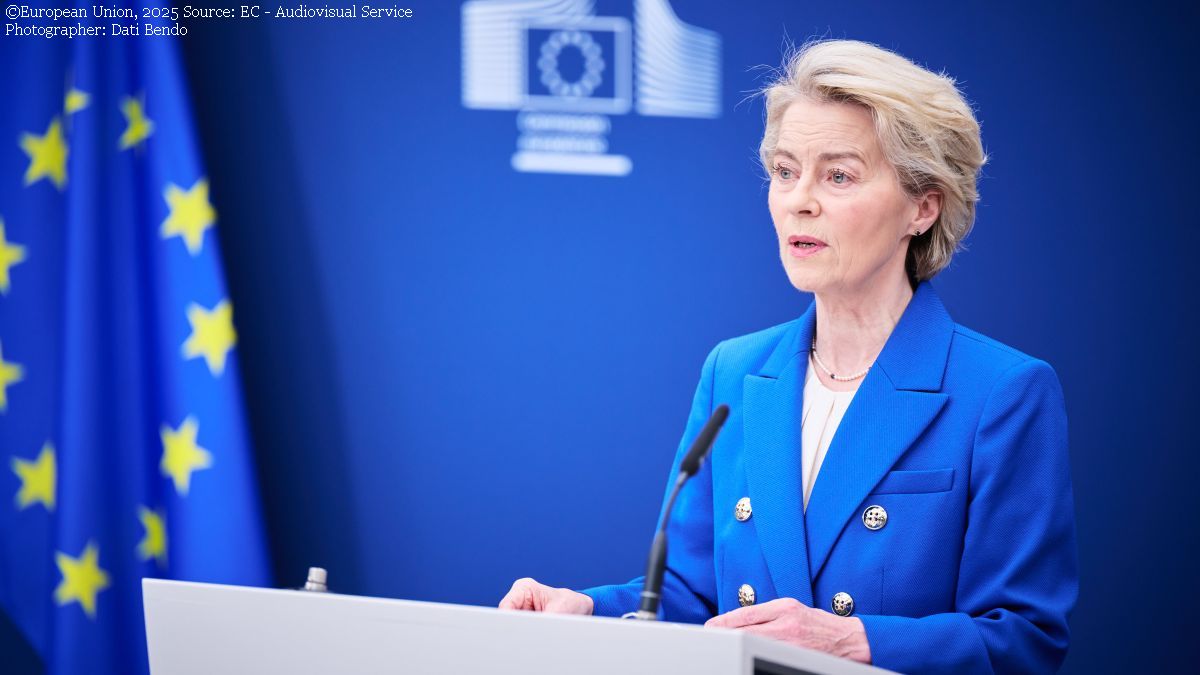Preparations for air and maritime Schengen entry
From Sunday, air and maritime controls on Schengen borders will be lifted for Romania.

Roxana Vasile, 29.03.2024, 13:50
From 31st March, air and maritime checks on Schengen borders will be lifted for Romania and Bulgaria. The preparations taking place on 17 airports and four maritime ports in Romania have come to an end. Control gates have been reconfigured on airports to allow passengers to go straight to boarding areas after luggage and security checks, provided they have their passports, ID cards and other travel documents requested. The same applies to minors. Interior ministry undersecretary of state Bogdan Despescu explains:
“People entering the terminal, after going through the security checks, will no longer have to go through border checks. From Sunday, these checks will only be conducted for non-Schengen travel.”
However, passengers travelling from or to other Schengen countries may be subject to unannounced checks by the border police, based on a risk analysis. For this end, the interior ministry has purchased 4,000 tablets and mobile terminals to scan identity papers. Also, to prepare for 31st March, some big airports in Romania have opened new terminals. In Iaşi, in the east, a new terminal built on a surface area of 3 hectares and with a processing capacity of over 3.5 million travellers a year will be open for both Schengen and domestic flights. Timişoara, in the west, also has a brand new terminal, complete with a shopping area, restaurants and cafes, to be used only for international flights. The biggest movement of people and goods is, however, taking place on land, but because of fierce opposition from Austria, Romania and neighbouring Bulgaria still will have to wait for land checks to be lifted, despite meeting all technical accession requirements for over a decade. Political analyst Cristian Pârvulescu explains the reasons behind the political decision to oppose full Schengen entry:
“I spoke to many people from Austria who said it is unfair what has been done to the two states, who understand the political context very well and, which more importantly, that Austria hasn’t even managed to achieve its goals, because in the end this situation has only increased the election capital of the far-right Freedom Party instead of chancellor Nehammer’s People’s Party.”
Under the circumstances, Cristian Pârvulescu believes it’s possible that negotiations may speed up towards the end of the year, also depending on the Hungarian presidency and the new European Commission.






























